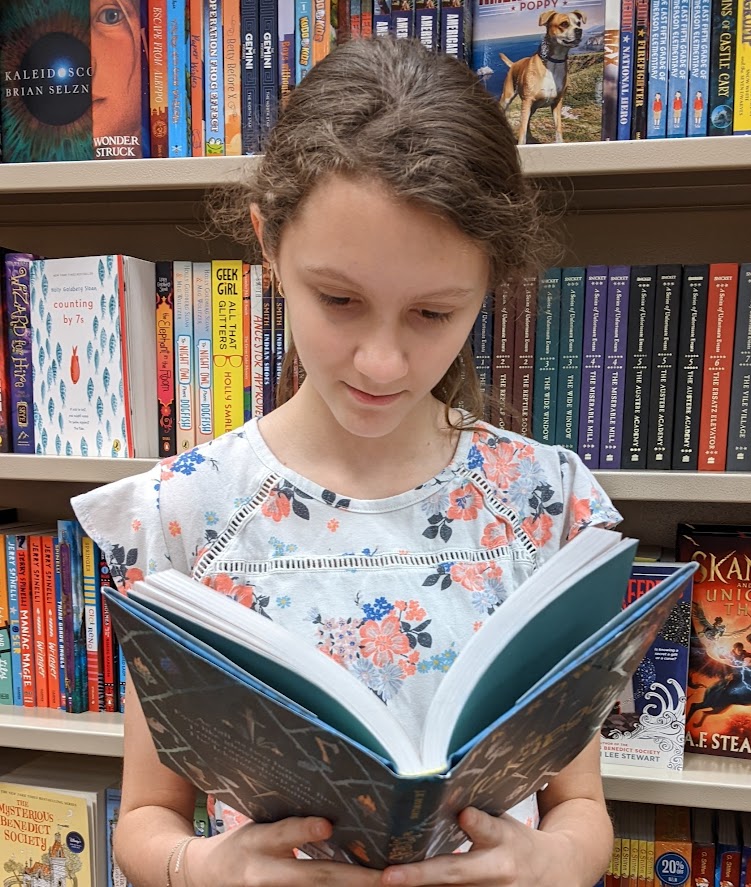A few weeks back I wrote an article explaining how to include a good theme into your story to make it wholesome. This week, I’d like to show you how this can be a bad thing, if pushed to an extreme.
Have you ever sat down to watch a movie, read a book, or just generally enjoy a good story, only to end up getting mad at yet another message being crammed down your throat? Sometimes stories, though they do include a theme, end up making their message so painfully obvious that you’re forced to turn off the TV or shut the book. They end up preaching to you instead of just telling you a good story to make their point.
This is understandably frustrating, because, if you wanted to hear another angry rant about some controversial topic, you would scroll through Twitter. No one wants a sermon in the middle of their fantasy story.
Yet, themes and messages (even controversial ones) are important, essential even, to any story, otherwise it doesn’t make an impact as I mentioned before. So how do we incorporate a good theme to teach our reader something, without being too obvious? How do we make sure our stories aren’t shut because our theme is preachy? And, through it all, how can we still make an impact?
Captain Marvel
The answer is certainly not found in 2019’s Captain Marvel. Up to that point, Captain Marvel got some of the lowest ratings in the MCU history and for good reason. The main character, Carol Danvers, showed no emotion during the whole movie, even when she was fighting bad guys, facing her ‘worst fear’, or just chilling by herself. The action sequences felt empty. And worst of all, the entire movie was just what we talked about above. Preachy.
The movie starts by narrating about the alien planet that Carol Danvers lives on, and how she wishes to join their Starforce. She has amnesia, meaning she doesn’t understand anything about her past and how she got to this planet, only that she’s there now, that she has powers, and that she’s in the alien’s army.
In one of the first scenes, Carol is seen practicing with her combat teacher. Carol almost looses the spar, but she gets back up again and injures her teacher, who, after struggling to tackle her to the ground again, tells her that she needs to control her emotions. The entire scene is supposed to set up Carol’s fatal flaw and therefore the theme for the movie, but instead only succeeds in telling us virtually nothing. Because, as this entire scene plays out, Carrol never actually shows emotion.
Even though that’s the thing her instructor insisted she needs to work on.
Weird right? Sure, she got back up and continued fighting, but she didn’t completely lash out and pound that teacher to the ground because she was angry. No, instead, she did what she was supposed to.
This one line that her mentor gives instantly confuses the viewer. Why? Not because the message he was trying to convey wasn’t clear. No, the message is certainly clear enough, especially as he, and a handful of fellow cast members, insist that Carol needs to control her emotions throughout the entire movie. It was confusing because the telling was contradicting what was shown.
Show Don’t Tell
I know you’ve probably heard this a lot, but it’s true! In Captain Marvel, the only hint of a theme we get is told to us through characters. Instead of having a protagonist that changes over the course of the story to incorporate a lesson that teachers both the character and the reader, we just get some characters preaching to Carol (and the viewer) over and over, saying: ‘You need to control your emotions!’
The message they tried to include at the end is: ‘They were wrong! Emotions make you stronger!’ which is a powerful theme that would’ve been incredible to watch if they had just done it correctly. The character should’ve gotten her own epiphany moment to convey this message, but since she never even had the flaw to set up the story in the first place, the message never came across. Instead, the message is so painfully obvious because the characters talk about it all the time that the real depth of the lesson is lost.
If you only tell your theme to the reader, and don’t show any evidence for why your message is needed or important in any way, the story will come off as too preachy. Instead, incorporate your message and weave it through the characters themselves.
Stories can be impactful and wholesome when the themes are woven through them. These themes are powerful enough that they don’t need to be spelled out, let alone preached on. You can write an entire story without a single mention of your theme and still leave readers with an amazing new idea to chew on. So drop the sermon and let your readers learn with your character! You might be surprised with how much of an impact it has.



What stories have you read where the theme was well-delivered? What techniques did they use to show it, rather than telling it? And how was this article? Too sweet? Too sour? Just right?


Hello, I’m Sophia! I’m a child of God and I (if you couldn’t tell already) love to write! I’m also a total theater kid and strong dessert (specifically cupcake) enthusiast. For as long as I can remember, I’ve enjoyed both reading and making my own stories. I’m so glad I get to share with you what I’ve learned from some of my favorite (or sometimes least favorite) stories on this blog.


OUCH! That sounds awful!
Movies are a complex story. It’s hard to pinpoint who’s at fault. Maybe the actress wasn’t portraying her character right? Or maybe the screenwriters really did mess it up? Or, who knows, the director might have misunderstood the script? Whoever it was, they messed up. At least we can learn from their mistakes…
Actually, I find it interesting that a lot of people blame the actress, Brie Larson. And though it certainly could be a problem on her part, I’ve heard she’s done some amazing acting roles in many other films. If it truly was a problem with the actress, the director and the other handful of people responsible for running the show should’ve pulled her aside and told her how to improve.
However, I don’t believe it’s any of these people’s fault, and let me show you why: If you listen to much of the dialogue, there isn’t much emotion there either. The dialogue was the screenwriter’s job, and they clearly failed on it. Hence why, yes I think it was the bad writing’s fault. But I agree we can certainly learn from their mistakes!
Love this!
Thanks 😊